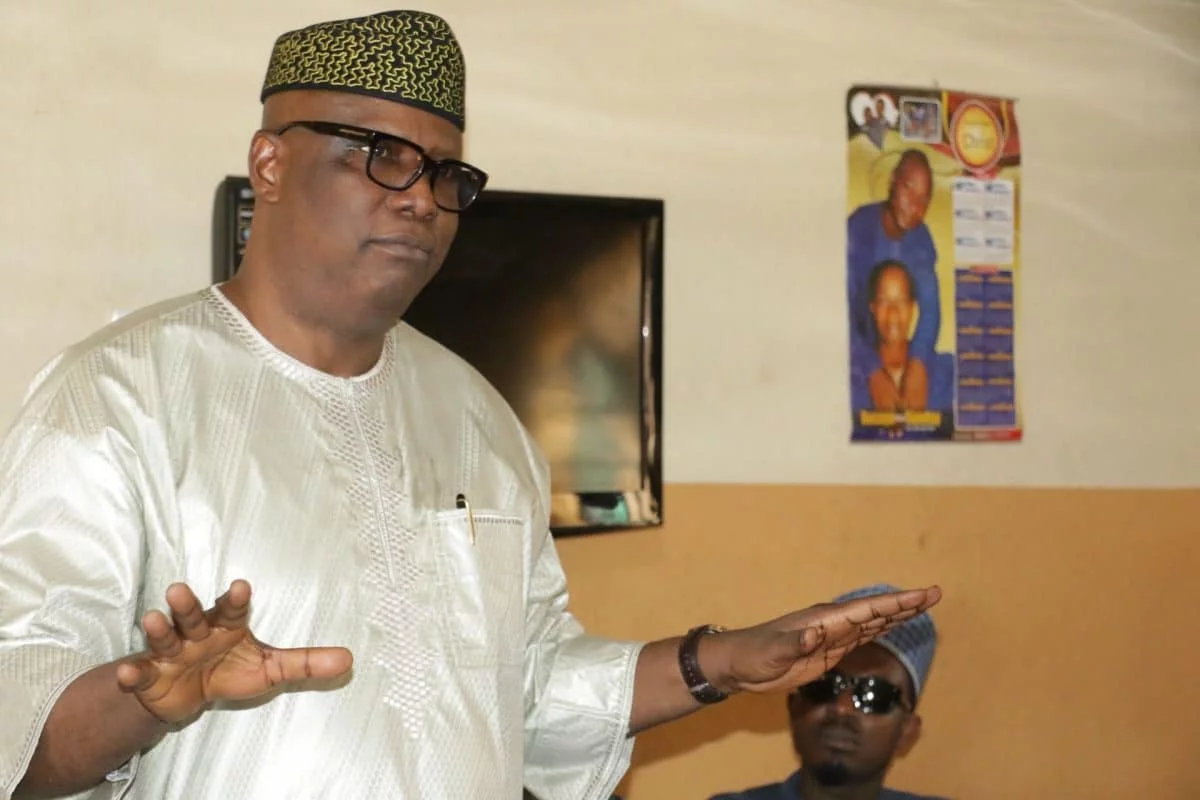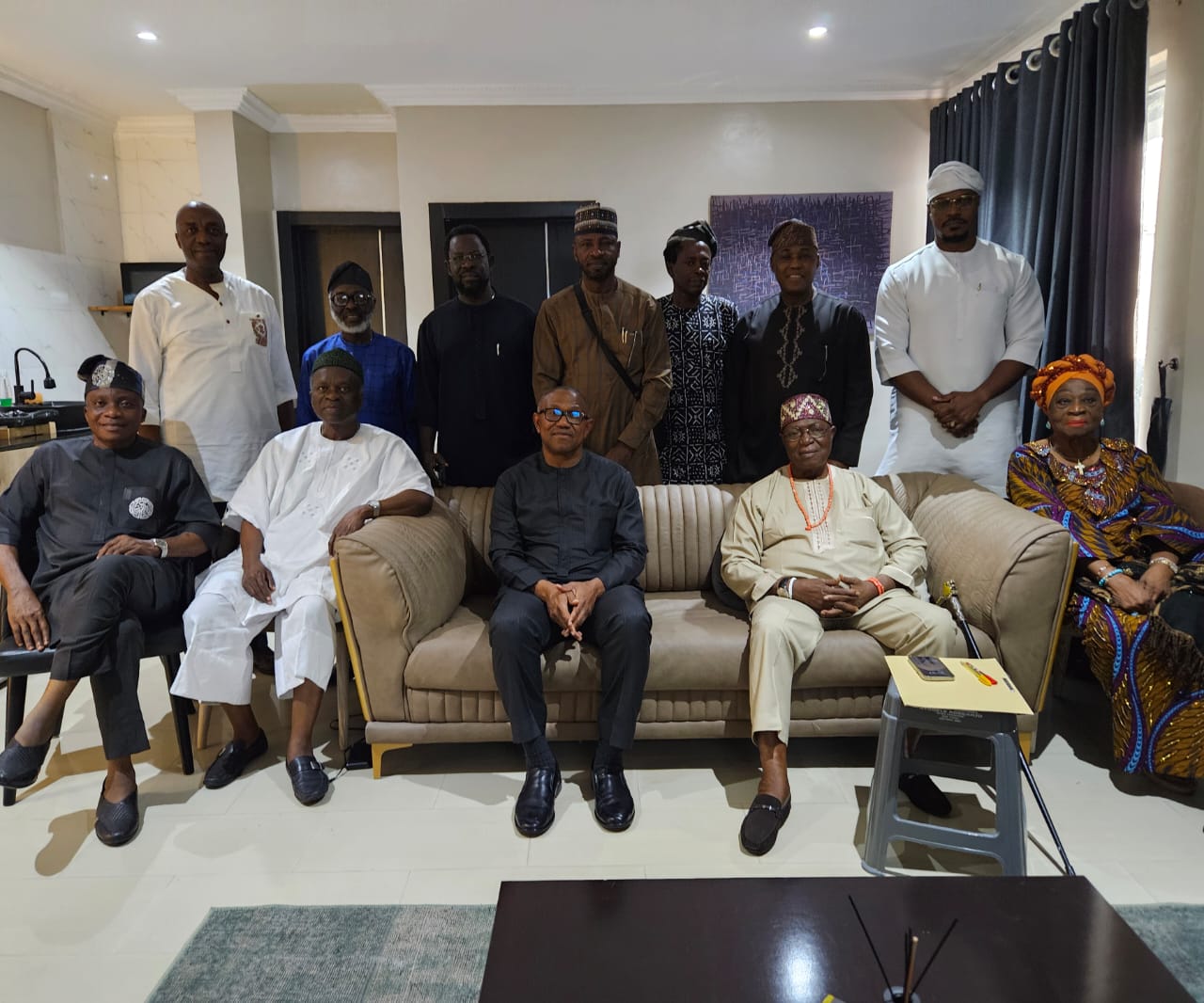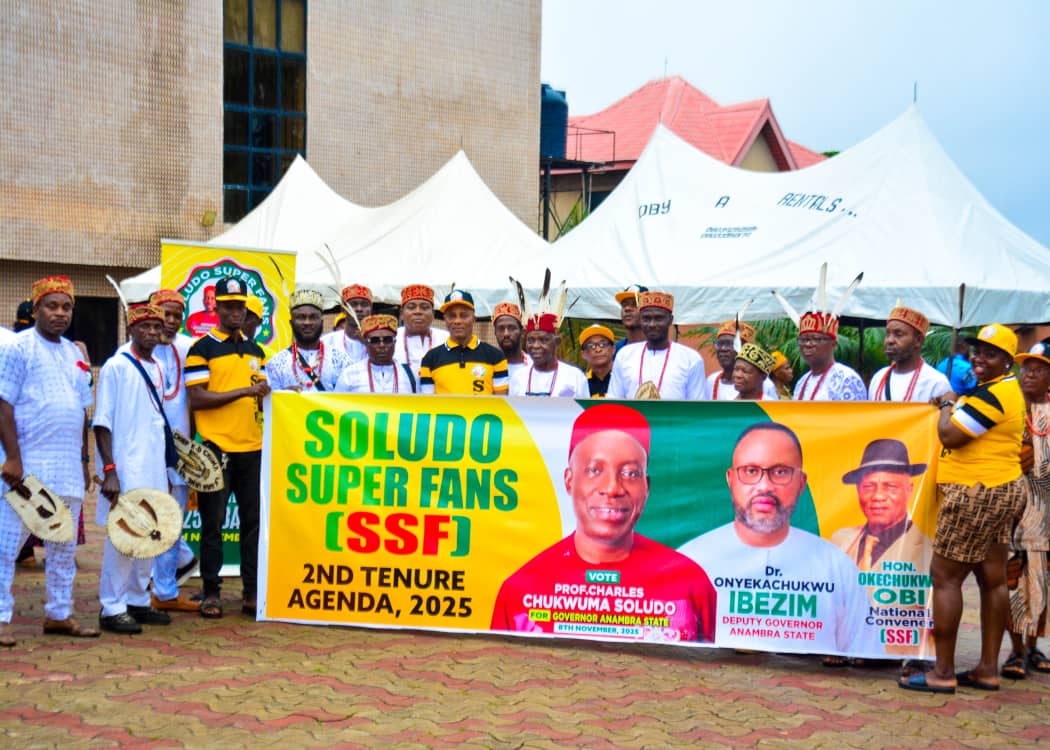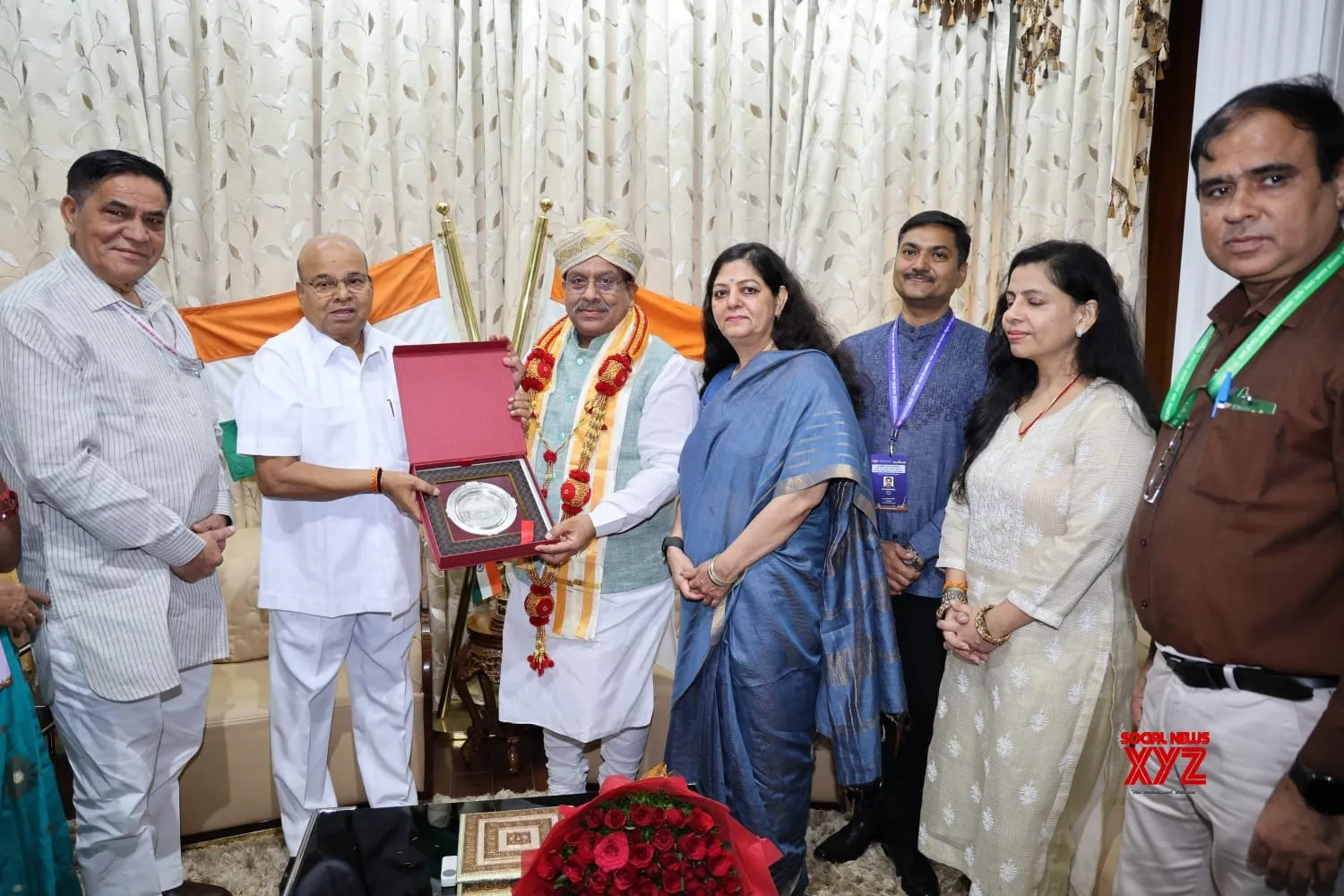By Yomi Ayeleso
Copyright tribuneonlineng

A professor of Economics at the University of Lagos (UNILAG), Professor Olufemi Saibu, has raised the alarm that the country is bleeding and at the brink of monumental crisis due to the persistent structural inequality in the society.
He explained that the age-long uneven development, policy neglected, and elite capture have all contributed to the socio-economic challenges confronting the nation, noting that urgent action is needed from stakeholders in safeguarding the situation or risk losing the hope of the citizens.
Professor Saibu spoke in Ado-Ekiti, the Ekiti State capital while delivering his lecture during the 14th annual symposium of the Muslim Students Society of Nigeria(MSSN) B-zone. The lecture is titled, ‘ The Renewed Wave of Internal Aggression: Stakeholders Roles in Combating Social Inequalities’
The theme of the year’s symposium is, ‘Managing a volatile economy for internal peace and security ‘
While commending the present government for some of its interventions and programmes including the students loan scheme, he however explained that the continuous dominance of the elite and the privileged few over the other citizens portends great danger for the country.
He argued that the level of frustration and disillusionment among the citizens due to the rising poverty level is concerning, saying, ” if we do not act boldly, collectively and urgently, we risk losing not just lives but the soul of our nation.”
Saibu said, “This title is timely because it captures the dual crises Nigeria faces today: the intensifying wave of internal aggression-manifested in youth restiveness, communal violence, digital hostility, and economic despair and the deepening social inequalities that fuel these tensions.
“From the rising cost of living and regional disparities in infrastructure, to the gendered burden of poverty and the exclusion of millions from education and employment, the symptoms are everywhere. These are not abstract issues. They are lived realities for millions of Nigerians.
“Our streets may be calm in moments, but beneath the surface, frustration simmers. The aggression we face is not always loud-it is often quiet, insidious, and deeply embedded in our systems.
“My presentation today is an invitation to confront a deeper truth: that the aggression we face is not limited to the violence on our streets or the clashes reported in the media. It is the quiet violence of exclusion. The structural aggression of inequality. The psychological toll of hopelessness. It is the aggression that arises when a young graduate, full of promise, cannot find work.
“When a mother must choose between feeding her children and sending them to school. When communities are denied basic infrastructure. When citizens lose faith in the institutions meant to protect them. This aggression is not spontaneous-it is systemic.
“It is rooted in decades of uneven development, policy neglect, and elite capture. It is fueled by the widening gulf between the privileged few and the struggling many. And it is sustained by a failure to recognize that development is not merely about GDP – it is about dignity, justice, and inclusion. We must be concerned because the cost of inaction.”
He advised government and other organizations, including MSSN to rise to the occasion in rescuing the nation from the shackles of poverty and underdevelopment.
“Let MSSN and other faith-based organizations be torchbearers of this developmental jihad-a struggle not against people, but against poverty, exclusion, and despair Let our universities become incubators of ethical leadership. Let our local governments become engines of equity. Let our youth become architects of renewal.
“Let government, academia, private sector, and civil society commit to measurable, moral, and mission-driven goals. If we do, we will have turned inequality into opportunity and internal aggression into national unity,” he said.
In his keynote address, a renowned journalist and politician, Senator Babafemi Ojudu warned that unless the country acts in addressing the hydra-headed challenges, citizens revolt like it happened in Nepal might be unavoidable.
The former lawmaker who represented the Ekiti Central senatorial district said, ” The revolt in Nepal is not far from us. Nigeria today sits on a knife’s edge of economic volatility. Inflation is running high, the naira is fragile, youth unemployment is among the highest in the world, and insecurity has already taken root in many parts of our country.
“When prices soar and families cannot feed, when young graduates roam the streets without jobs, when farmers abandon their farms for fear of bandits, we are creating conditions that can easily spill into mass unrest.
“If something urgent is not done, Nigeria may face a perfect storm: economic despair feeding social anger, which in turn fuels insecurity. Hunger riots, labour revolts, youth radicalization, and even further disintegration of social trust are not impossible.
“We must not deceive ourselves if a society can collapse from within long before external enemies arrive. But this is not inevitable. The course of history can still be changed. The government must act with courage stabilize the economy, cut waste, secure the people, and invest in jobs and human capital.”
An official of the Bank of Industry, Dr Musefiu Adeleke, in his lecture, said, “I must emphasised that Nigeria stands at a crossroad. The dwindling fortunes of our economy and the escalation of conflicts present serious challenges, but they also offer an opportunity for reflection and collective action.
“As we approach the 2027 General Elections, the choices of our leaders, the resilience of our institutions, and the participation of ordinary citizens -especially our youth – will determine whether Nigeria sinks deeper into crisis or rises towards prosperity and stability.”
Speaking, the Amir of MSSN, B-Zone, Dr Moshood Adelaja said this year’s symposium theme was chosen for experts to proffer solutions to the myriad challenges confronting the country, saying, ” our nation is at an inflection point, grappling with economic uncertainties, social inequalities and lingering security challenges.
“As stakeholders, it is incumbent upon us to interrogate these realities, explore workable solutions and chart a sustainable path forward for our beloved country.”
ALSO READ TOP STORIES FROM NIGERIAN TRIBUNE



